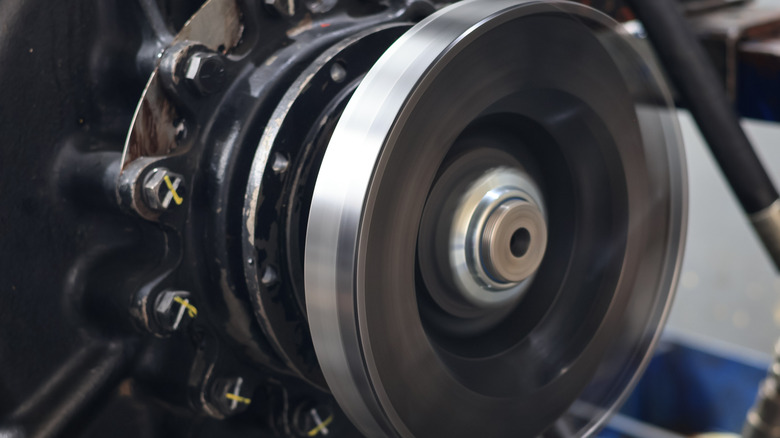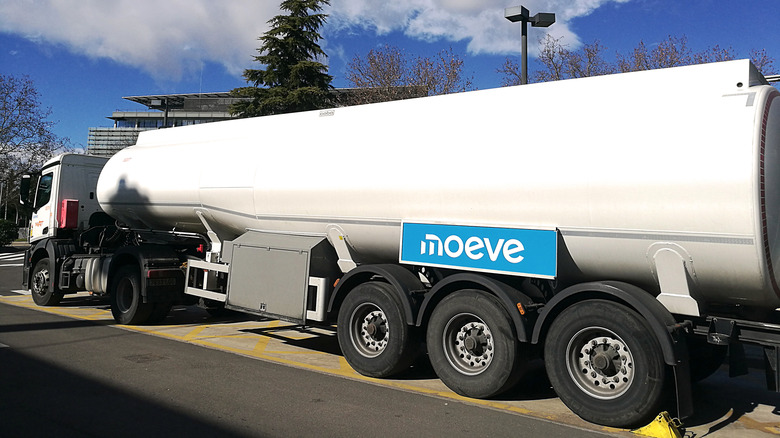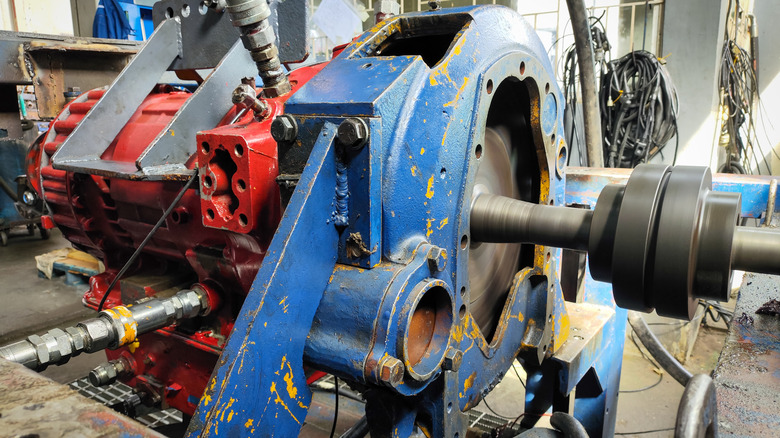Can You Put An Allison Transmission On A Gas Truck?
Allison has actively expanded into gas truck applications in response to growing demand from fleets that want the performance of diesel without the emissions or costs. Putting an Allison transmission in a gas truck is not only possible, it's already being done by major manufacturers. Mitsubishi Fuso, for example, launched its gasoline-powered FE Series cabover trucks with the Allison 1000 Series automatic transmission as standard. These Class 4 and 5 trucks pair a 6.0L V8 gas engine with a commercial-grade Allison transmission that boosts fuel efficiency and performance.
Allison's 1000 Series isn't just for Fuso trucks. It has also been installed in GM vehicles like the Chevy Silverado with Duramax diesel engines, and it's capable of being paired with gasoline or alternative fuel engines thanks to its torque converter and fuel-agnostic design. The transmission includes advanced features like FuelSense 2.0 and DynActive shifting, which optimize gear changes based on real-time driving conditions. This helps improve fuel efficiency by up to 6% depending on the application.
Why swapping in an Allison is a popular upgrade
Aside from factory installs, Allison transmissions are also a common aftermarket upgrade for gas-powered trucks, especially those running Cummins engines. Owners often swap out stock transmissions — like the Chrysler 68RFE found in many Ram trucks — for a more robust Allison unit. The Allison 1000, for example, handles up to 910 lb-ft of torque, compared to 750 lb-ft on the 68RFE, offering better towing performance and reliability under load.
Conversion kits from companies like ATS Diesel make it possible to pair Allison transmissions with gas or diesel engines. These kits typically include a transmission, torque converter, wiring harnesses, and translator modules. They can run upwards of $11,000, but for fleet operators or performance users, the investment pays off with a longer lifespan, better drivability, and smoother shifting.
The conversion process is mechanical and electrical. Aside from the physical fit, you'll need to ensure the engine control unit (ECU) and transmission control module (TCM) communicate properly. The benefit? Better performance and fewer trips to the garage. And because Allison automatics rely on a torque converter instead of a clutch, they provide faster acceleration and startability, which is particularly valuable in start-stop urban routes or utility work.
What to know before making the swap
If you're considering swapping an Allison transmission into your gas truck, there are a few things to keep in mind. First, compatibility depends on the vehicle's engine model, with Cummins and Chevy engines being possible candidates.
Second, installation is not a beginner DIY job. Even with a kit, mating an Allison to your gas engine takes experience with both mechanical and electronic systems. You'll need special tools and manpower, especially when it comes to mating engine components. It's best left to professionals unless you're highly confident.
Third, the cost includes more than the parts. Beyond the $11,000–$12,000 conversion kit, labor, custom mounts, and tweaks to your vehicle's computer system can raise the total significantly.
Allison's automatic transmissions are not just for diesel trucks anymore. As the demand for gas-powered commercial vehicles grows and emissions regulations tighten, Allison's fuel-agnostic tech is positioning itself as a top-tier solution for both factory-equipped trucks and custom conversions.


